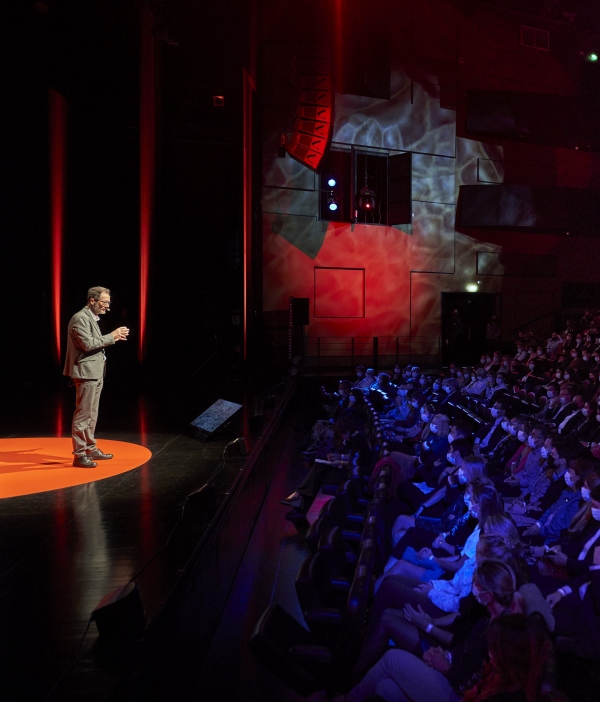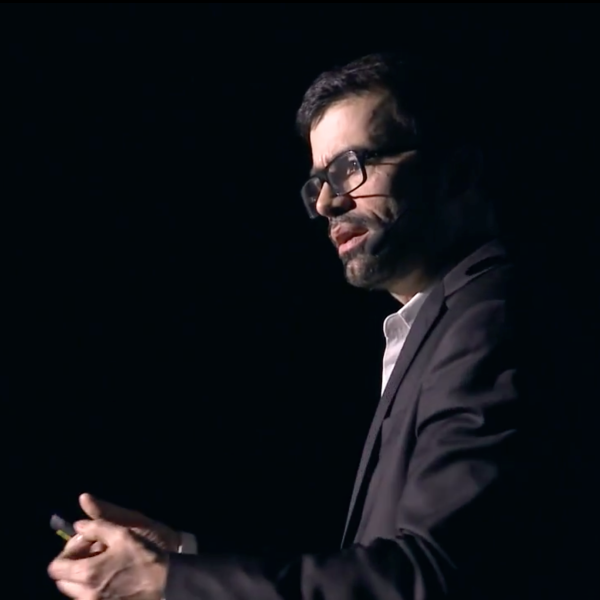"Modernity," which emerged during the Renaissance and gained momentum in the 17th century with "modern science" and the development of "reason," is characterized by a break from tradition and a faith in the human ability to transform an imperfect world. This shift resulted in a decline of religious and mythical explanations of reality, which were replaced by rational and scientific approaches—what Max Weber called the "disenchantment of the world." Modernity established a relationship with time that was oriented towards the future: the present became a stepping stone to build a better future, breaking away from a past often seen as an obstacle.
The notion of progress, a true dogma of modernity, embodied this dynamic. Etymologically, progress (from the Latin pro-gradi, "to walk forward") implied a linear and optimistic movement toward a higher state. It promised comfort, prosperity, and moral improvement, as idealized by Condorcet with his project of the "real perfection of man." This vision collapsed in the 20th century. World wars and technological catastrophes (bombs and camps) shattered the illusion of continuous progress. History became something that was endured, marked by a loss of control and collective hope. Progress was no longer synonymous with improvement.
This shift led to a fragmentation of ideals: the obsession with the future, whether Marxist, Catholic, or liberal, gave way to a reinvestment in the present. This "conquest of the present" (M. Maffesoli, 1979) prioritizes the here and now, marking a break with the ideal of a radiant future. This is why innovation presents itself as an alternative to progress. Less ambitious philosophically, it adapts to a fragmented and uncertain world. Depoliticized and pragmatic, it values specific, often technical, changes without any pretense of transforming humanity as a whole and without a unified vision of the future. It has the advantage of offering another perspective, where one can find self-fulfillment in a new way of inhabiting the present—a tangible world rather than an uncertain promise.
According to Étienne Klein, innovation has replaced progress in our discourse, marking a notable shift in our collective imagination. Today, voices are rising to redefine innovation from a political perspective adapted to the polycrisis and a finite world. This re-envisioned innovation would not be an end in itself but a means to rebuild a truly sustainable world by responding to the problems and transformations our societies face, taking responsibility for the consequences of the choices we make collectively.




